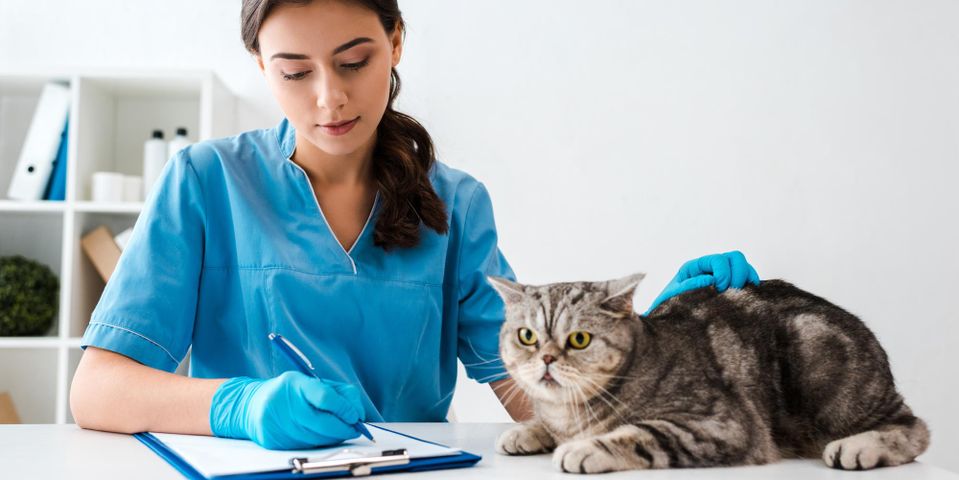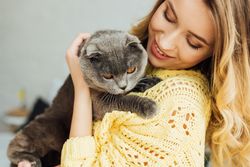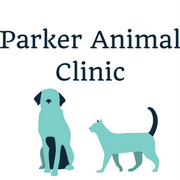
Obesity is not common among wild cats. However, as any pet health professionals can attest, it is prevalent among domestic breeds. In the U.S., about 60% of cats are considered overweight or obese. While a chubby cat may seem cute, those extra pounds can pose a severe health risk to your furry friend. Use this guide to identify the signs your cat may be obese and tips for how to prevent it.
How to Determine If a Cat Is Obese
Signs Your Cat Is Obese
A healthy cat is sleek with a visible waistline. You should be able to feel ribs when touching their upper belly. If you have to press firmly to feel your cat’s bones, they’ve accumulated too much fat. Obese cats, whose weight is 20% or more above the ideal weight range for their breed, may also have a bulge in their lower abdomen.
Why Cats Become Obese
Cats typically become obese because they overeat, but don’t exercise enough. In the wild, a cat would have to hunt for their food. Domestic cats, however, only have to wait to be fed. Also, many cats will consume whatever is put in front of them.
Health Risks Associated with Obesity
The health risks associated with obesity in cats are similar to that of humans. Overweight cats are more susceptible to Type 2 diabetes, which can manifest in symptoms like excessive thirst, frequent urination, and lethargy.
health risks associated with obesity in cats are similar to that of humans. Overweight cats are more susceptible to Type 2 diabetes, which can manifest in symptoms like excessive thirst, frequent urination, and lethargy.
They also have a higher risk of developing cardiovascular issues, urinary tract infections, hepatic lipidosis, high blood pressure, and certain types of cancer. Stress on the joints caused by excess weight may also lead to chronic pain and discomfort.
How to Prevent It
Feeding your cat a moderate, healthy diet is the best thing you can do. Give your kitty a set portion size of food with low-calorie density. Set specific times during the day to feed them. Avoid constantly refilling their bowl, which encourages all-day grazing. Feed treats sparingly—or not at all—because they tend to be higher in calories. Make sure your kitty has plenty of water, as well. This will help them feel full, reducing their appetite.
With indoor cats, in particular, it’s important to encourage exercise by playing and providing stimuli, such as catnip and toys. Your pet health provider may recommend special cat food if they need to lose a few pounds.
If you’re a Clarksville, AR, resident in need of pet health services, turn to the compassionate professionals at Parker Animal Clinic. For nearly 20 years, this veterinary clinic and pet hospital has cared for animals throughout Johnson County. From pet vaccines and weight management to flea treatment and surgery, their team offers a broad range of services to care for animals big and small. Call (479) 754-5656 to speak with a friendly team member to schedule a pet health exam or visit their website to learn more about how they can help your four-legged family members.
About the Business
Have a question? Ask the experts!
Send your question

